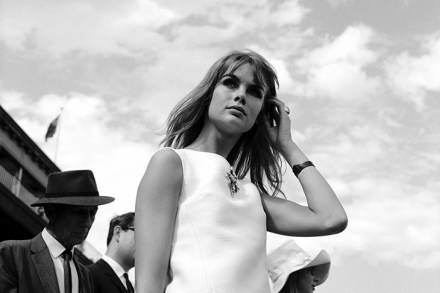The riddle of Chapel Sands
At first glance, Laura Cumming’s memoir On Chapel Sands begins with what appears to be a happy ending. On an autumn evening in 1929, a small child is snatched from a Lincolnshire beach. Her name is Betty Elston and she is three years old. The girl’s mother, Veda, is happy to let Betty play on




















